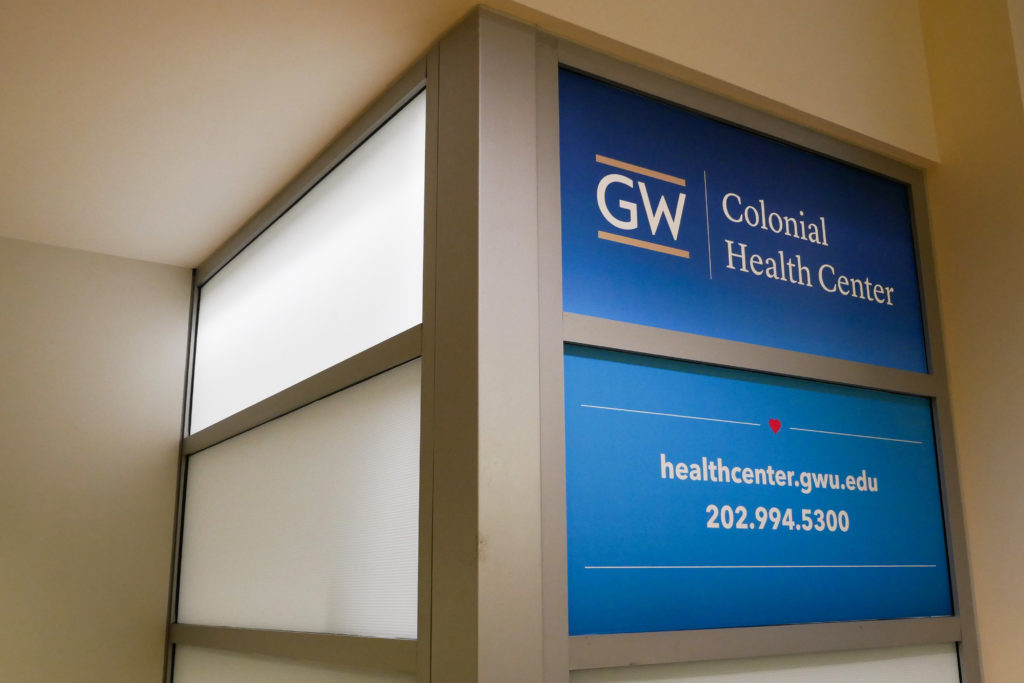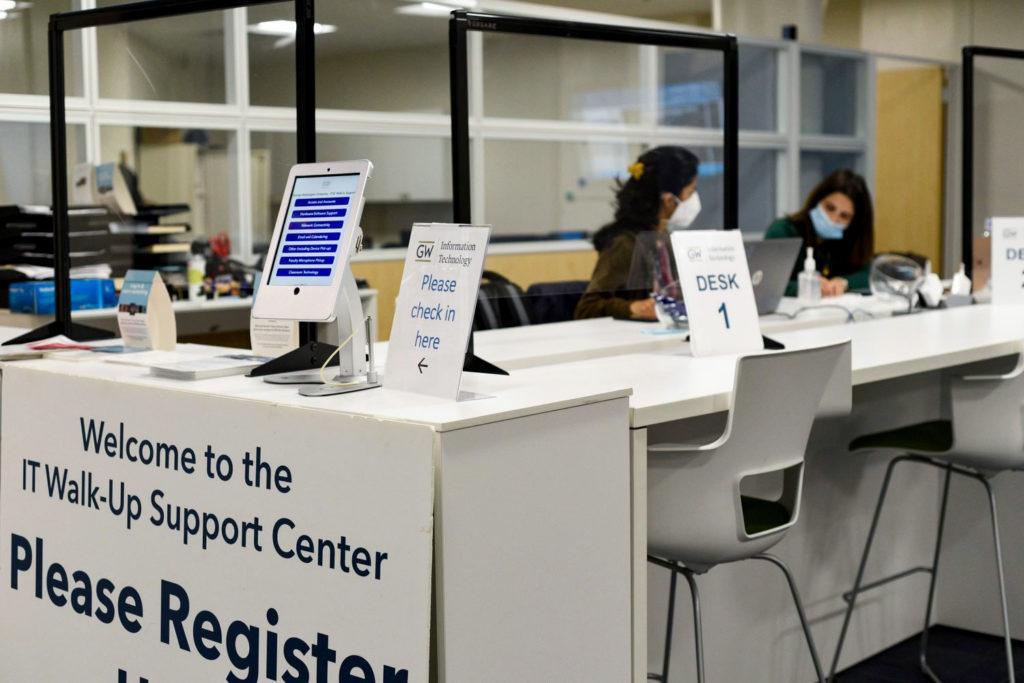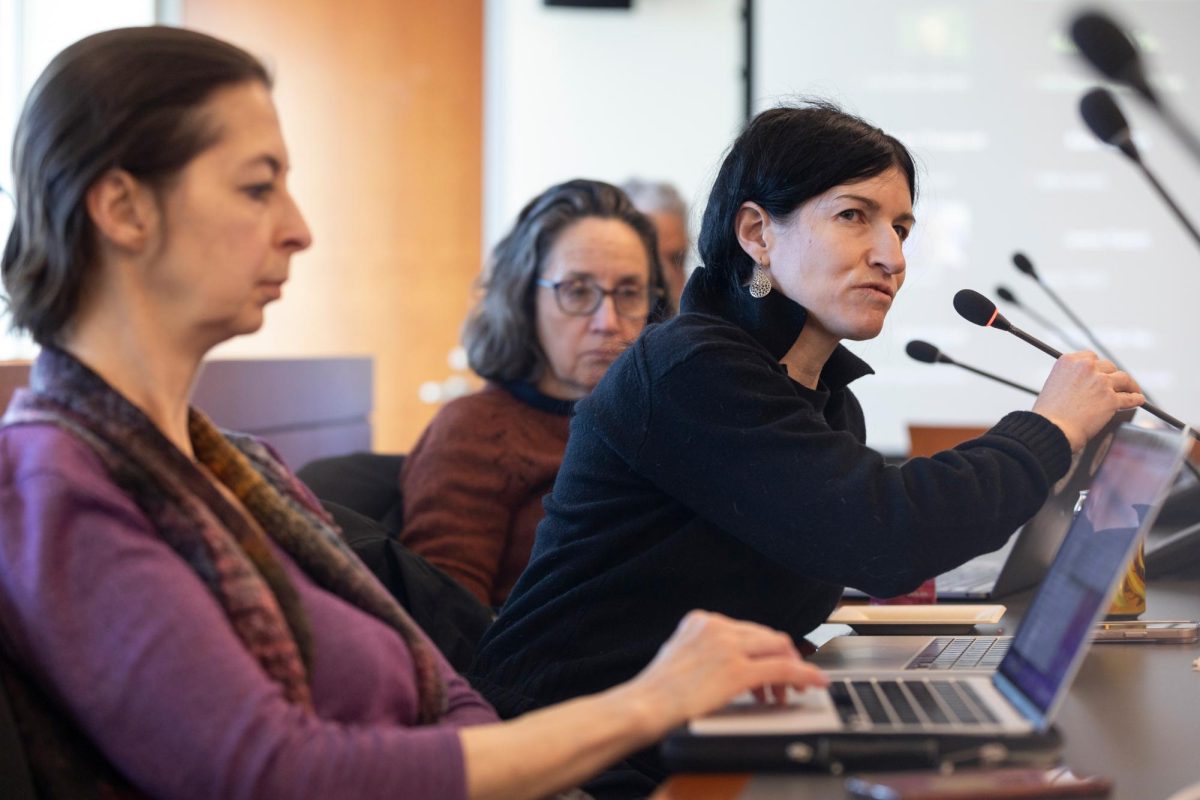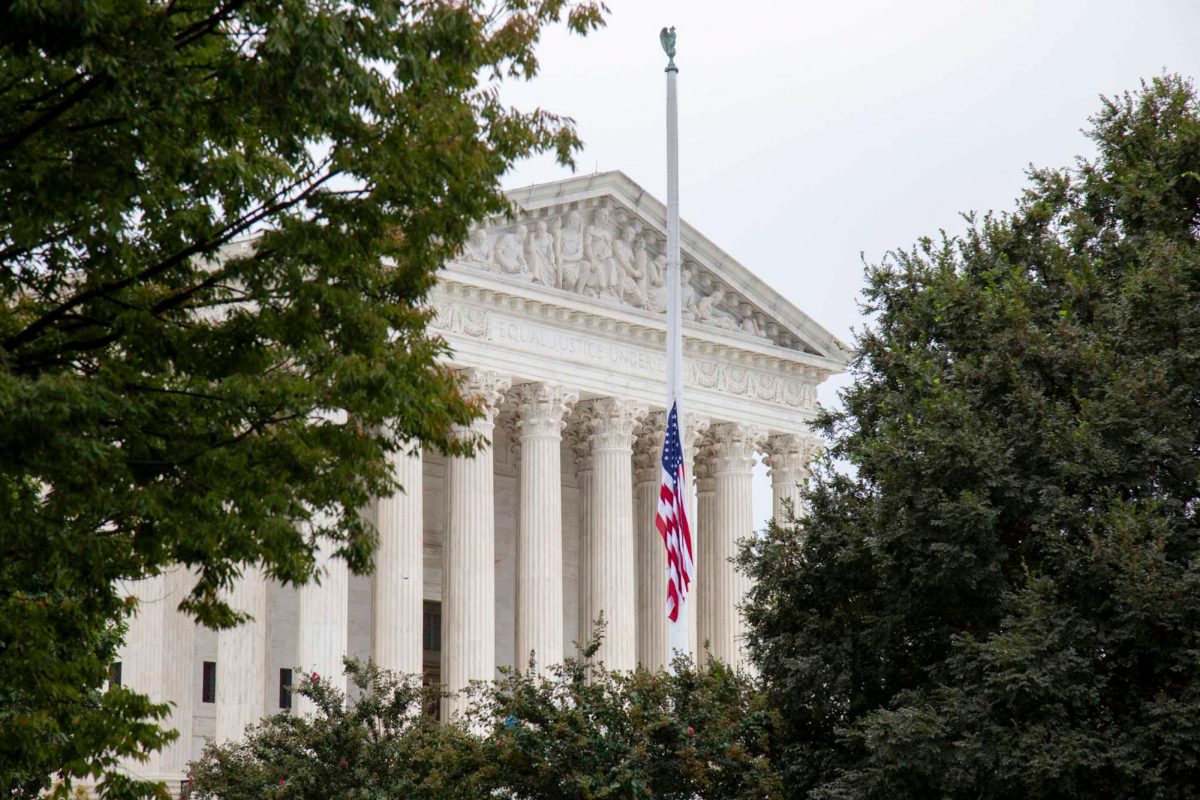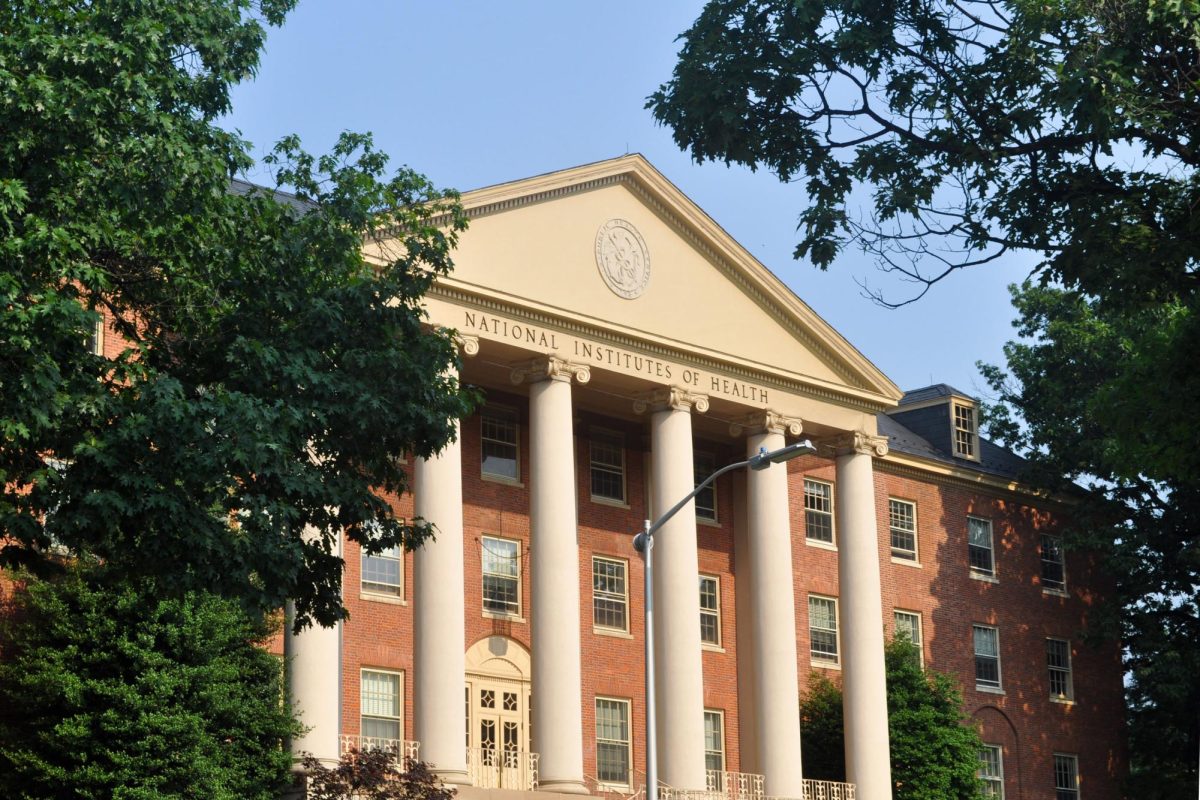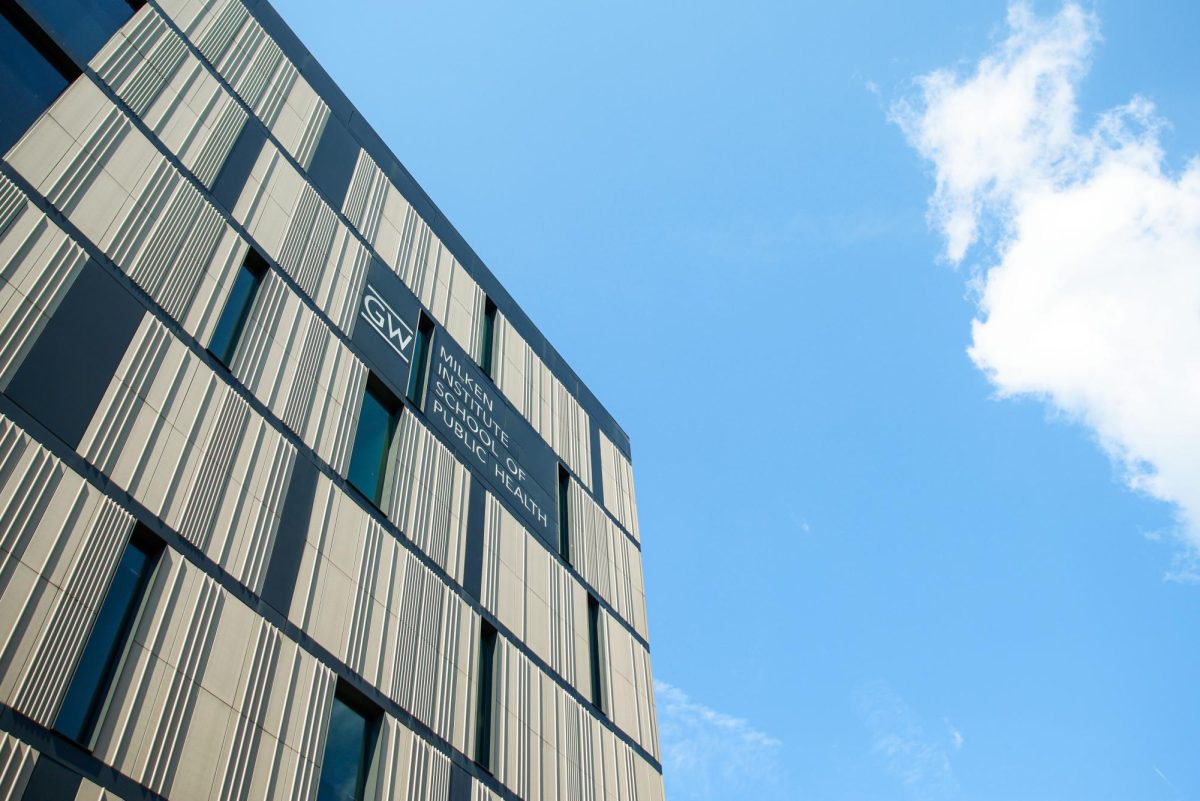Officials shared a public health update on the spread of monkeypox in an email to the GW community Wednesday.
The email states that cases of monkeypox, a viral infection that causes skin lesions, among the GW community remain “very low,” but that it is important to understand how the virus spreads in light of a rise in cases in DC and across the country. Officials announced the GW community’s first case of monkeypox in June.
“While MPX can be painful, severe complications from MPX infection are rare, and to date there have been no deaths related to MPX in the United States,” the email states. “However, it is important to learn about this infection, how it spreads and the resources available to support your health and safety as MPX cases in D.C. and across the country have risen in recent weeks.”
The email states that monkeypox is spread through direct and indirect contact with skin lesions and that symptoms, such as a rash, fever and fatigue, typically occur 7-14 days after exposure to the virus.
“It is important to understand that at this time, the primary mode of transmission is skin-to-skin contact in very close social activities like kissing, dancing, or cuddling,” the email states. “While this contact can occur in the context of sexual activity, MPX is not a sexually transmitted disease, and condoms are not protective.”
The email states that monkeypox vaccines and treatment options are currently available in D.C. but that supplies are limited. D.C. Health postponed administering second doses of the monkeypox vaccine in July due to shortages in supplies and a rise in cases.
“People at high risk for MPX who meet eligibility requirements may be able to receive a vaccine through D.C. Health,” the email states. “Pharmaceutical treatments may be prescribed only to those who have been diagnosed by a health provider with MPX.”
The email states that students who suspect they have contracted monkeypox should contact a health care provider or the Student Health Center, formerly the Colonial Health Center, for more information.
“As we prepare to welcome more members of our community to campus this fall, the health and safety of our students, faculty and staff remains our foremost priority,” the email states. “Thank you for helping to support the continued wellbeing of our campus community.”


